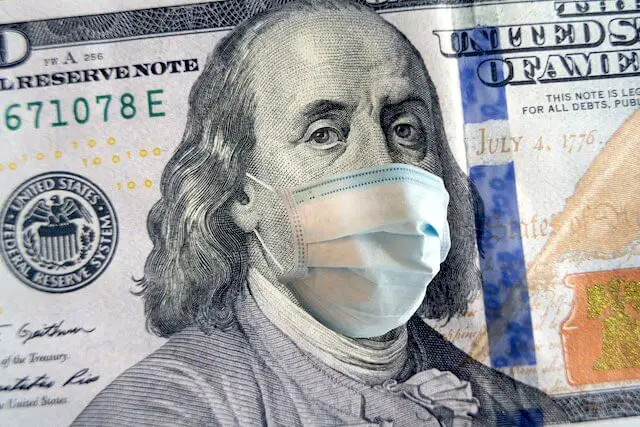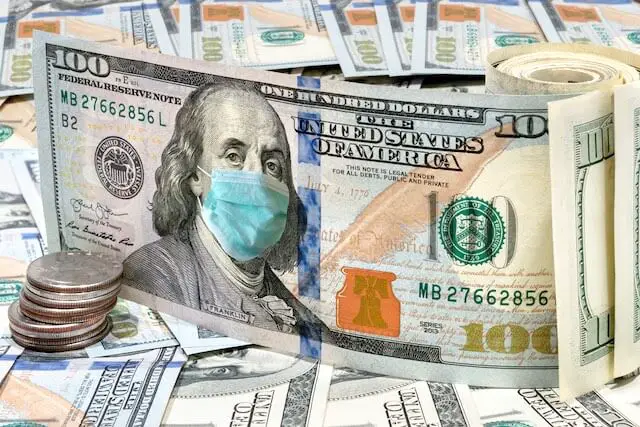The Internal Revenue Service and the Treasury Department announced this week that distribution of the stimulus payments under the new COVID-19 relief bill that was recently signed into law is now underway.
According to an announcement from the IRS, most payments will be done via direct deposit and started arriving as early as the evening of Tuesday, December 29. Some people may see the direct deposit payments as pending or as provisional payments in their accounts before the official payment date of January 4, 2021.
For Social Security and other beneficiaries who received the first round of payments via Direct Express, they will receive this second payment the same way.
Paper checks began to be mailed on Wednesday, December 30.
Payments are Automatic
The IRS reminded taxpayers that the payments are automatic and that they should not contact their financial institutions or the IRS with payment timing questions:
Payments are automatic for eligible taxpayers who filed a 2019 tax return, those who receive Social Security retirement, survivor or disability benefits (SSDI), Railroad Retirement benefits as well as Supplemental Security Income (SSI) and Veterans Affairs beneficiaries who didn’t file a tax return.
Payments are also automatic for anyone who successfully registered for the first payment online at IRS.gov using the agency’s Non-Filers tool by November 21, 2020 or who submitted a simplified tax return that has been processed by the IRS.
Who is Eligible to Receive a Payment?
The IRS states:
Generally, U.S. citizens and resident aliens who are not eligible to be claimed as a dependent on someone else’s income tax return are eligible for this second payment. Eligible individuals will automatically receive an Economic Impact Payment of up to $600 for individuals or $1,200 for married couples and up to $600 for each qualifying child. Generally, if you have adjusted gross income for 2019 up to $75,000 for individuals and up to $150,000 for married couples filing joint returns and surviving spouses, you will receive the full amount of the second payment. For filers with income above those amounts, the payment amount is reduced.
Taxpayers can check the status of their payments using the Get My Payment on the IRS.gov website.
When Are Payments Issued Via a Paper Check or Debit Card?
The IRS states:
For those who don’t receive a direct deposit by early January, they should watch their mail for either a paper check or a debit card. To speed delivery of the payments to reach as many people as soon as possible, the Bureau of the Fiscal Service, part of the Treasury Department, will be sending a limited number of payments out by debit card. Please note that the form of payment for the second mailed EIP may be different than for the first mailed EIP. Some people who received a paper check last time might receive a debit card this time, and some people who received a debit card last time may receive a paper check.
IRS and Treasury urge eligible people who don’t receive a direct deposit to watch their mail carefully during this period for a check or an Economic Impact Payment card, which is sponsored by the Treasury Department’s Bureau of the Fiscal Service and is issued by Treasury’s financial agent, MetaBank®, N.A. The Economic Impact Payment Card will be sent in a white envelope that prominently displays the U.S. Department of the Treasury seal. It has the Visa name on the front of the Card and the issuing bank, MetaBank®, N.A. on the back of the card. Information included with the card will explain that this is your Economic Impact Payment. More information about these cards is available at EIPcard.com.




